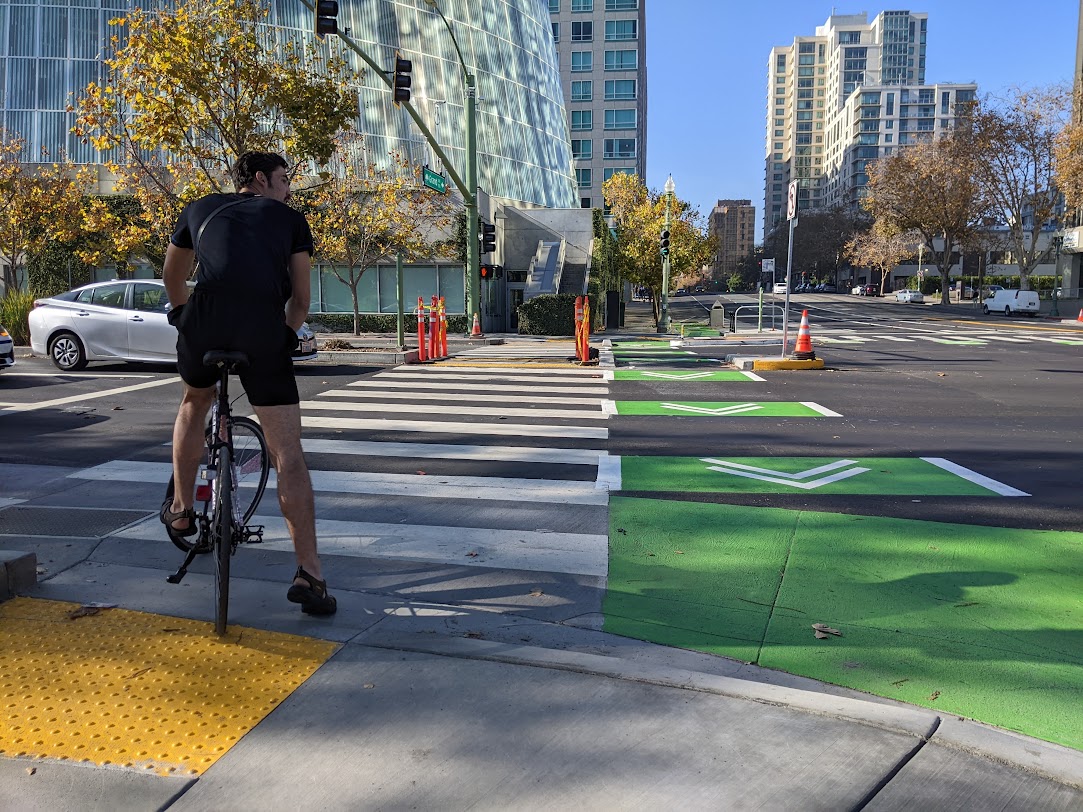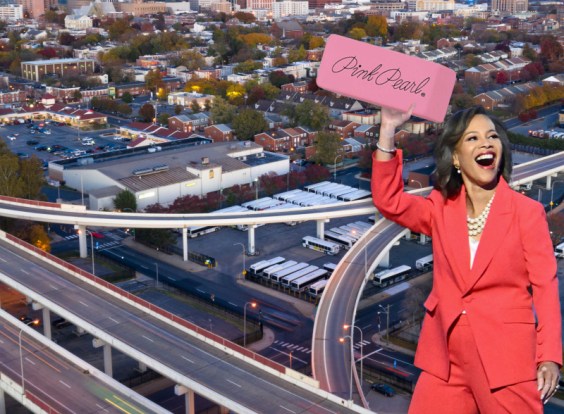
The J-Church has emerged as the top candidate for Muni to test all-door boarding as a way to speed up service on its busiest and least reliable lines. San Francisco Municipal Transportation Agency (SFMTA) Transit Director John Haley said today that it is being evaluated for a pilot program that could lead to a system-wide change in boarding policy.
"The single biggest delay in moving our service along is the fare transaction," Haley said in a report to the SF Board of Supervisors Land Use and Economic Development Committee today. "Going to all-door boarding would dramatically speed that up, so we're taking a look at that."
SFMTA spokesperson Paul Rose said the agency is evaluating the details of what the pilot would look like. He explained that although passengers holding proof of payment or a Clipper card can already board trains by any door, those paying by cash at street-level stops are still required to board at the front, leading to time-consuming queues.
Allowing passengers to board at any door, as well as providing ticket vending machines at street-level stops, could help speed up lines like the J, which has received extra attention since Supervisor Scott Wiener called for regular reports from the SFMTA on efforts to improve its reliability.
As a more immediate measure to improve service, Muni will adjust the J's schedule next month from a variable 5 to 13-minute headway to a more consistent 9 minutes, said Haley.
"That will not just make it easier from an 'understanding when the train is coming' perspective, but also to balance the loads on the train," he said.
The agency is also evaluating the stretch of Church Street between 24th and 30th Streets for opportunities to reduce the number of stops, said Haley. SFMTA staff are targeting a stop between 30th and Clipper Streets (which lies between 25th and 26th Streets) and will soon make presentations to the Accessibility Advisory Committee and Citizens Advisory Council on a proposal, he said.
The biggest cause for delay on the J-Church remains vehicle failures, said Haley, which make up nearly half of all delays 10 minutes or longer. The agency is still playing catch-up on overhauling the trains after the T-Third Street line was opened in 2007, adding 40 percent to the miles they travel, he said.
Double-parked cars are still the second-biggest cause of extended delays, and Haley said the agency plans to focus parking control officers on Church Street when nearby schools begin their sessions in the fall.
Rose said it isn't known when riders could see all-door boarding or stop optimization, but both are in the works.




